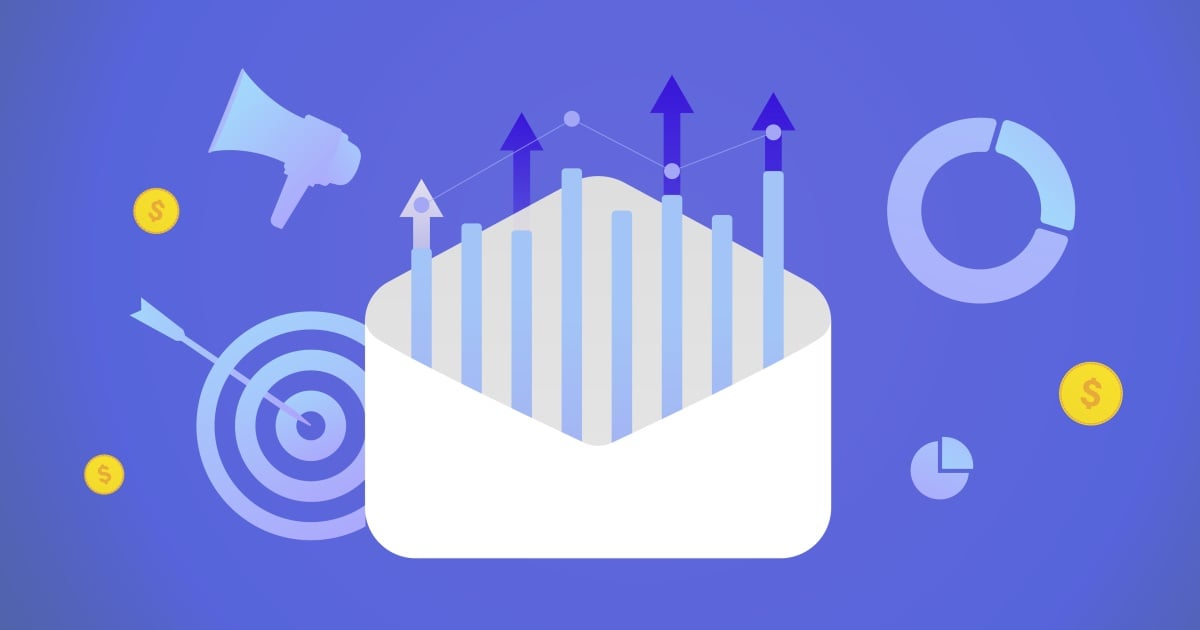Voice Technologies encompass a broad scope of solutions, from speech and analytics engines, IVR, and self-service tools like chatbots, headphones, and voice-activated applications and services that maximize NLP, NLU, NLG, AI, and more. The global Contact Center Intelligence Market, including speech solutions, is expected to see a CAGR of more than 25% through 2027.
I recently spoke with Chris Hodges (SVP sales and marketing) and Ellwood Neuer (SVP solution engineering) of Noble Systems about how speech technology has evolved and how that evolution has driven its acceptance. In this second part of our conversation, I asked Chris and Elwood to share their thoughts on the impacts of speech technology for businesses and CX.
Erik Linask: In our earlier discussion (see Part 1 ), we looked at the evolution of speech technologies. With the growth of speech tools and AI, what are companies able to do with their IVRs today that can positively impact customer experience?
Ellwood Neuer: Certainly the biggest change in terms of a positive CX is that ability to start a conversation with, “Thank you for calling Noble Systems, how may I help you?” as opposed to “Thank you for calling Noble Systems, press one for sales, two for service, three for billing,” and so on. You can even ask, “Why are you calling me?” and then just let callers tell you exactly the reason why they're calling, and then apply some form of intelligence to understand what that person is asking for and hopefully contain it in the IVR and let them self-serve – and they may not even realize it. As soon as you realize that your system doesn’t understand what a caller wants, though, you need to get them to a live agent immediately.
EL: Where does AI fit into the picture? How is AI being used to enhance the customer engagement?
EN: Well, AI is what gives you natural language understanding. It's taking that fuzzy content and getting the actionable content out of it.
Ellwood Neuer
So, when your agent opens up with, “Thank you for calling Noble Systems, how may I help you?” and the caller goes on a diatribe of how upset they are because their widget isn’t working, and how difficult it is to try and get service on your web portal, and so on, they really want to talk to someone to fix the widget. Being able to have AI look at that and be able to make that decision is invaluable, because that's what actually gives you actionable content from what the person is speaking, to get them to whatever it is they need to get to, that IVR tree, a real person with all the information, their account information, etc.
From a big picture standpoint, that's just going to get smarter, right? So, AI is going to be used in the future to not only recognize what a person is saying, but who that person is, by using voiceprints. So now, not only am I talking about making sure that the content is there to help Ellwood, but it actually is Ellwood, and I don't need to ask him more questions to authenticate further. I can just move directly to helping get him the answer to his question.
EL: Speech analytics is another branch of speech technologies. How can speech analytics be used to improve customer experiences?
EN: So, I think the way speech analytics can be used for customer experiences, is by looking to see what your customers are asking for and how they're engaging you verbally. Then you can make sure that your IVRs and your agents have the appropriate information to resolve those questions or concerns, or whatever your customers happen to be calling about, quickly and accurately, which can improve the experience and also reduce your costs.
Say there’s a specific issue -- there's an error in the last billing cycle that was sent out. All of a sudden, you get this deluge of calls into your IVR with billing issues. Having speech technology automatically route them to the billing department for resolution is one thing – which is what we've been talking about.
But adding speech analytics can help you realize that you are suddenly getting an influx of calls about billing, which is a different type of problem that needs to be solved. You may want to start off by asking, “Are you calling about an issue with your recent bill?” You can treat those calls differently or offer an immediate resolution, such as telling them that you’ll be sending an updated bill or providing a corrected amount due.
Chris Hodges: Speech analytics can be used to shorten the timeline between the customer asking the question and the agent or system having the answer available.
EL: How do all of these modern speech technologies impact business productivity?
Chris Hodges
CH: Well, not only does it reduce average handle time and potentially speed up resolution of customer issues, but time is money. When consumers can resolve their issues by interacting and being contained in the IVR, without having to speak to an agent, you’re saving costs becasue the IVR time is a lot less expensive than the agent time.
The IVR can also interact with the systems of record, such as the CRM systems and whatnot, updating information in customer records. This can help improve marketing efforts and outbound communications to customers, and potentially even offer up complementary products or services that the customer may want based on the interactions they've had with the AI and the IVR.
EN: Some customers are using speech technologies to transcribe their calls so they can take those transcriptions and attach them in the CRM as notes. So, not only are they keeping the recording, they’re attaching the transcription – and because it’s a transcription, it's also actionable data, right? Now you can use data analytics on that transcribed call to do things like we just talked about. You can actually start to understand what was said on each call.
EL: All right, last question. Do you have any interesting speech technology use cases you can share?
EN: Well, we’ve already mentioned a few, such as authenticating callers, providing self-service opportunities, anticipating callers’ needs, and identifying potential trends. Many companies, especially in collections, use speech to help identify non-compliant calls,
Another exciting area is Automated Scorecards. Most contact centers only have the resources to review a very small percentage of their call volume. So, when you start talking about customer satisfaction, how can you really analyze CSAT when you're only looking at a fraction of the calls? Instead of needing a live QA agent to listen to and score each call recording, you can use speech analytics to score 100% of your calls – at a much lower cost – to really impact your quality. Management can then quickly see the actionable calls to determine if agents need more training or need access to certain types of content, or if they’re having a specific type of problems in the call center, or with product or services they may be selling.
Companies can also see what's really happening on calls in near real time. Why are all these calls happening? There may be a billing issue or a service issue, or there might be a problem with the new widget you’re selling. Speech technology allows you to get the actionable data to solve those business problems in near real time so that you can respond quickly to customer issues.
For Noble, one of our unique speech analytics tools is the Insight Comparative Cloud . The “word cloud” is a common analytics element that gives you insight into what's happening in your contact center. It shows trending data and targets common keywords so you can identify issues. The Comparative Cloud takes that same information and adds even more value, allowing you to use those word clouds to look at success stories. How come these calls are a successful sale or a successful collection? Why does this customer’s calls or this agent always have high CSAT, and this agent tends to have a lower score? Noble lets you compare those agents and those different types of calls to see what is happening with the successful calls – what agents are doing or not doing – that separates them from the less successful ones.
CH: Then, once you determine what the best practices really need to be, you can use real-time speech analytics to put up guardrails to keep agents inside the lines and to course-correct them during calls if they go astray.
The use cases for speech technologies with natural language and AI are growing every day, as more companies incorporate them into their call center software mix and find new ways to apply the tools in their operations. With the wide range of benefits and efficiencies, they create a demonstrable ROI. The cost of NOT using speech technologies in today’s environment may be higher than ever.
EL: It definitely has been an exciting period for speech and voice applications, both from a consumer and a business perspective. Thank you both for sharing your time and insights on the state of speech technologies and the impact on contact center operations and the customer experience.
Edited by
Erik Linask





